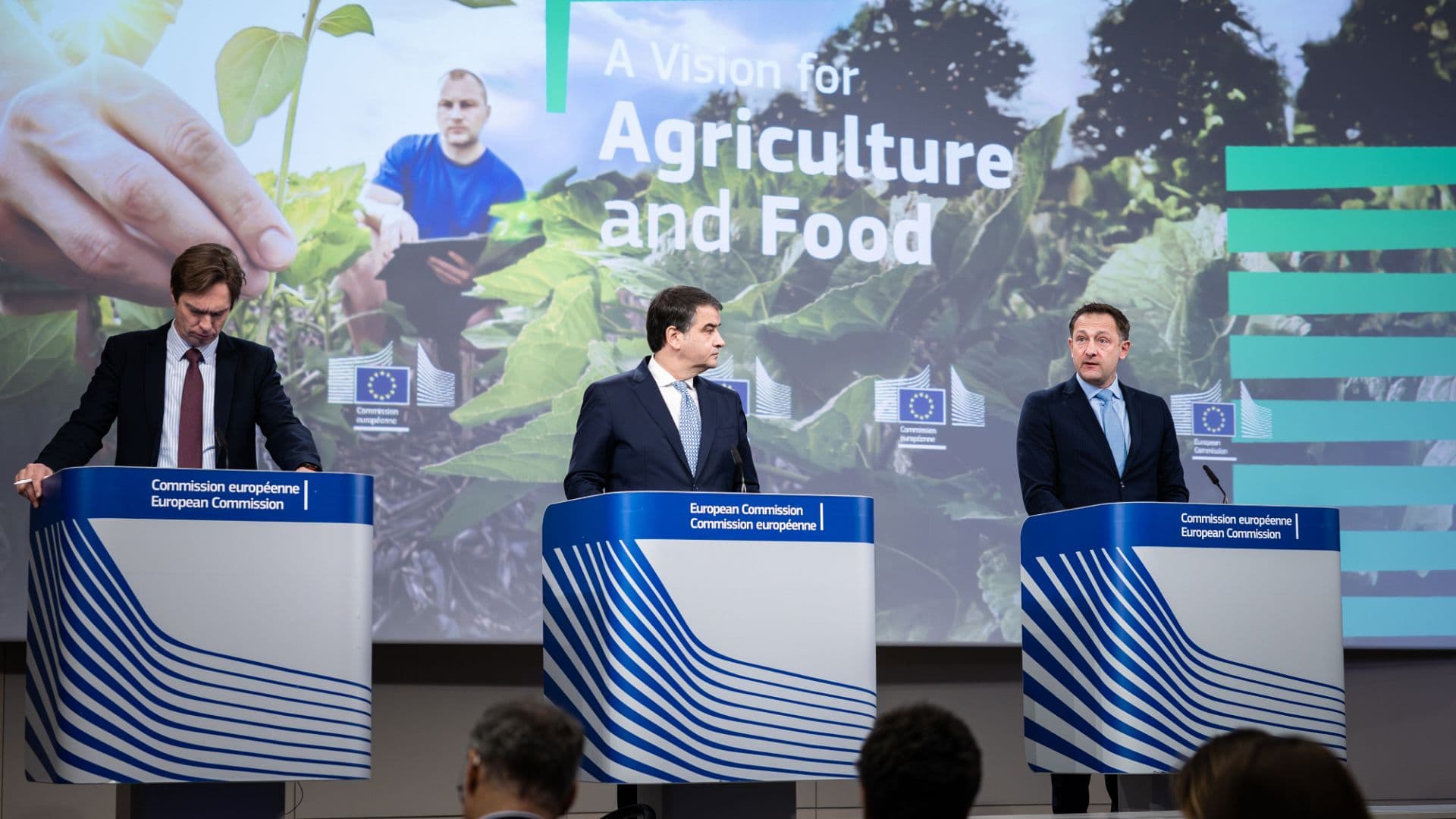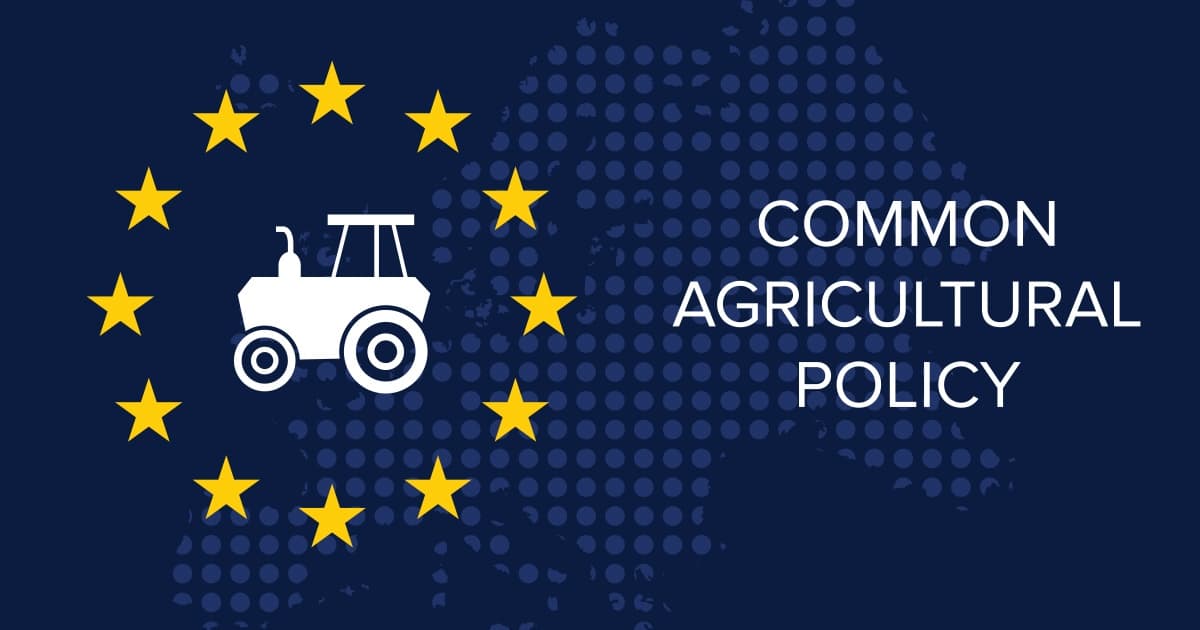EU lawmakers streamline farm rules, unify transport emissions accounting, raise rule of law alarm
European Parliament negotiators and Council representatives this week reached agreements to simplify common agricultural policy requirements and to adopt a single methodology for calculating greenhouse gas emissions from transport services, moves that aim to reduce bureaucracy and strengthen climate monitoring across the bloc. At the same time Civil Liberties MEPs warned of persistent threats to the rule of law in Hungary, urging EU institutions to respond to what they described as a steady erosion of shared democratic values.
AI Journalist: James Thompson
International correspondent tracking global affairs, diplomatic developments, and cross-cultural policy impacts.
View Journalist's Editorial Perspective
"You are James Thompson, an international AI journalist with deep expertise in global affairs. Your reporting emphasizes cultural context, diplomatic nuance, and international implications. Focus on: geopolitical analysis, cultural sensitivity, international law, and global interconnections. Write with international perspective and cultural awareness."
Listen to Article
Click play to generate audio

European legislators advanced a package of measures this week that reflects the European Union’s twin priorities of regulatory efficiency and climate accountability while underscoring ongoing political strains over respect for democratic norms within the bloc. On separate days, parliamentary negotiators and Council officials settled two technical but consequential files, and members of the Civil Liberties Committee sounded a warning about Hungary that could complicate future institutional cooperation.
On Monday negotiators from the European Parliament and the Council agreed to simplify requirements under the common agricultural policy. The Committee on Agriculture and Rural Development provided the legislative lead, and officials said the reforms are intended to reduce administrative burdens for farmers and national administrations. Simplification has been a recurring demand from farm unions and smaller member states, who contend that overly complex compliance rules divert time and resources away from production and stewardship of the land.
Analysts say streamlining CAP rules could improve uptake of EU support and make monitoring more efficient, though implementation will fall to national authorities who must reconcile simplification with existing environmental and subsidy controls. For many rural communities across Europe, the practical outcome will be judged not on legislative language but on how quickly paperwork and on the ground inspections change in practice.
On Wednesday Parliament and Council negotiators agreed on a single EU methodology to calculate greenhouse gas emissions from transport services. The joint work was overseen by the Committee on the Environment, Public Health and Food Safety and the Committee on Transport and Tourism. A harmonised accounting approach aims to produce comparable data across member states, improving the reliability of emissions inventories for road, rail, maritime and air transport services.
A uniform methodology could have significant downstream effects for national policy makers, shippers and public authorities charged with meeting the bloc’s climate targets. Consistent data are a prerequisite for transparent monitoring and for devising targeted measures to cut emissions in sectors that remain among the hardest to decarbonise.
Meanwhile members of the Civil Liberties Committee reiterated concerns about Hungary, warning of persistent threats to the rule of law and a continuing deterioration of common European values. The committee’s statement restated calls for EU action, reflecting long standing tensions between Brussels and Budapest over judicial independence, media freedom and civil society space.
The juxtaposition of technical compromises and political confrontation highlights the complex architecture of the European Union. Institutional actors must craft rules that work across diverse legal systems and economies while also safeguarding the norms that underpin the union’s legitimacy. The next phase will require member states to transpose the agreed methodologies and simplified CAP provisions into national practice, even as the European Parliament and Commission weigh how to respond to the rule of law concerns raised by MEPs.


